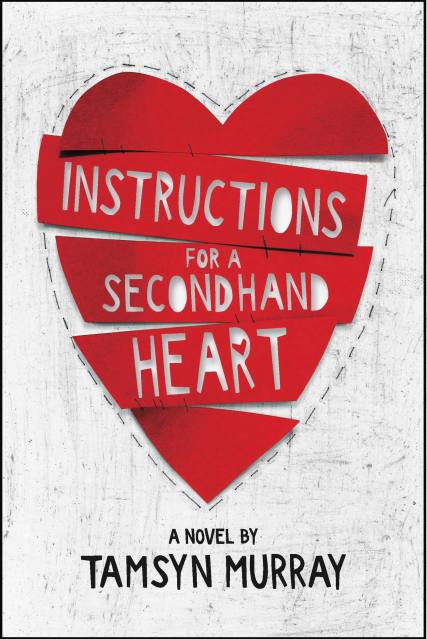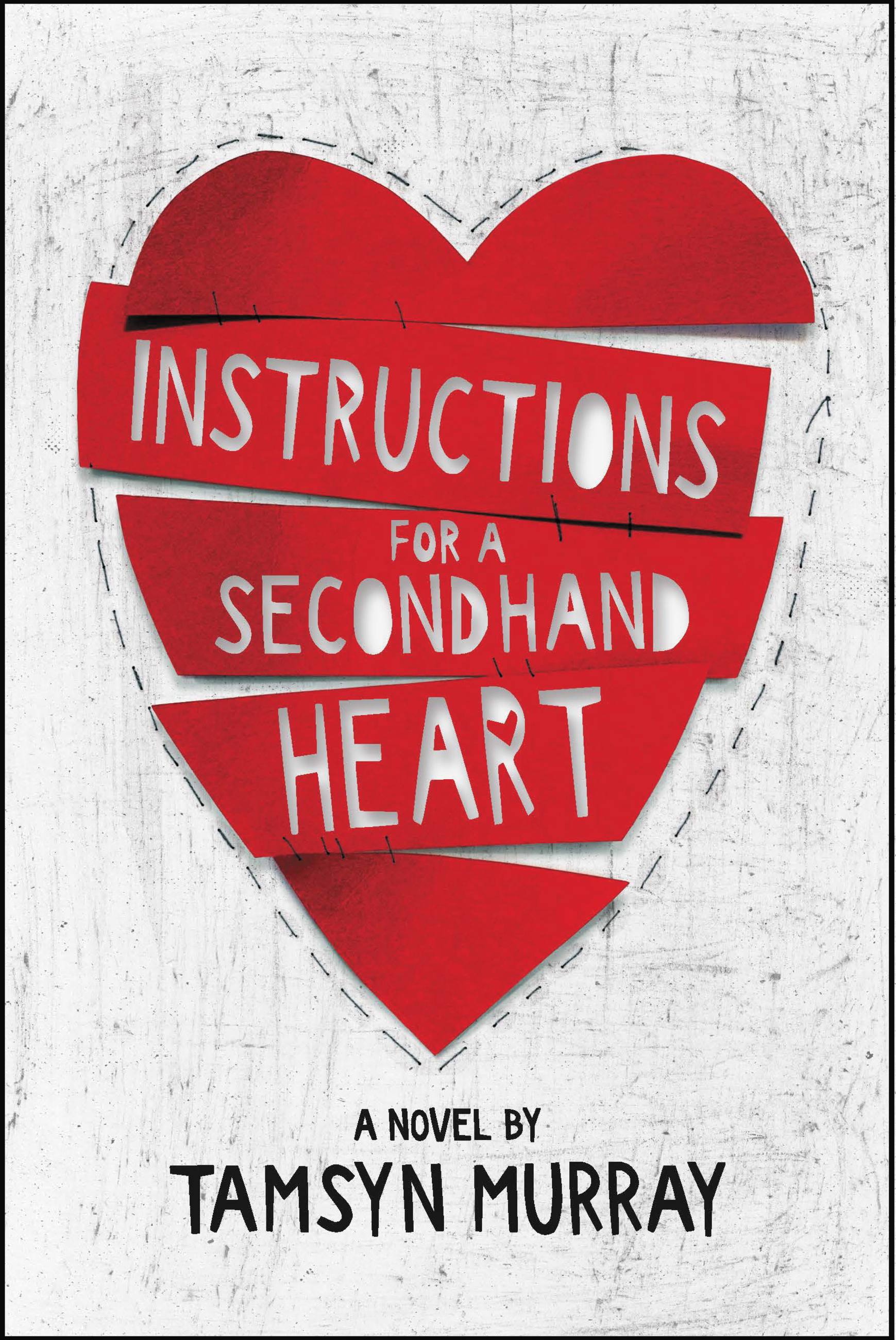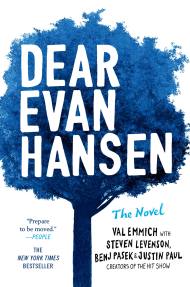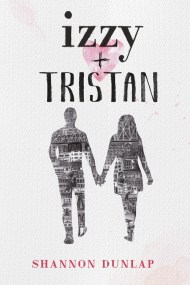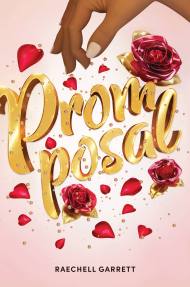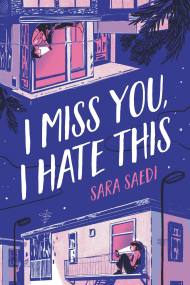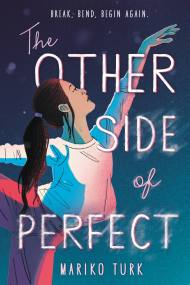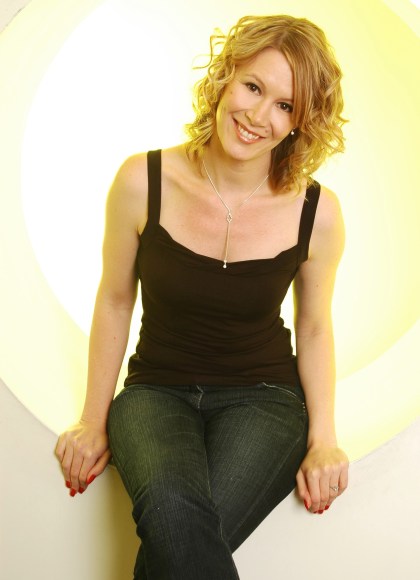By clicking “Accept,” you agree to the use of cookies and similar technologies on your device as set forth in our Cookie Policy and our Privacy Policy. Please note that certain cookies are essential for this website to function properly and do not require user consent to be deployed.
Instructions for a Secondhand Heart
Contributors
Formats and Prices
- On Sale
- Dec 5, 2017
- Page Count
- 320 pages
- Publisher
- Poppy
- ISBN-13
- 9780316471749
Price
$9.99Price
$12.99 CADFormat
Format:
ebook $9.99 $12.99 CADThis item is a preorder. Your payment method will be charged immediately, and the product is expected to ship on or around December 5, 2017. This date is subject to change due to shipping delays beyond our control.
Buy from Other Retailers:
A moving novel about grief, guilt, and the unpredictability of love, for fans of Everything, Everything and All the Bright Places.
Jonny knows better than anyone that life is full of cruel ironies. He’s spent every day in a hospital hooked up to machines to keep his heart ticking. Then when an organ donor is found for Jonny’s heart, that turns out to be the cruelest irony of all. Because for Jonny’s life to finally start, someone else’s had to end.
That someone turns out to be Neve’s twin brother, Leo. When Leo was alive, all Neve wanted was for him (and all his glorious, overshadowing perfection) to leave. Now that Leo’s actually gone forever, Neve has no idea how to move forward. Then Jonny walks into her life looking for answers, her brother’s heart beating in his chest, and everything starts to change.
Together, Neve and Jonny will have to face the future, no matter how frightening it is, while learning to heal their hearts, no matter how much it hurts.
Features select graphic novel illustrations from Jonny’s sketchbook.
-
"Pumps out grief and joy like the beating of a heart. A sweet, yet gut-wrenching novel that'll keep you turning pages."Adi Alsaid, author of North of Happy and Let's Get Lost
-
"Save some [tissues] for Instructions for a Secondhand Heart... Jonny and [Neve] inspire confidence that they will overcome their obstacles; you would have to have a heart of stone not to root for them."The Guardian
-
"Romance fans will revel in Jonny and Neve's intensity."BCCB
-
"British author Murray explores teen illness and death realistically...Readers should find it easy to cheer on these two misfits who are figuring how they fit in and fit together."Publishers Weekly
-
"Neve and Jonny are emotionally complex, vulnerable protagonists who help each other face realities they never dreamed they'd see."Horn Book
-
"Told in alternating viewpoints, this heavy-hitting story covers life, death, romance, friendship, loyalty, and much more. Readers will enjoy the emotionally realistic storyline."School Library Connection
-
"Their tentative journey feels fresh. Jonny's hospital experiences include a friendship with a girl battling cancer, and the book includes his drawings of her alter-identity as Chemo-Girl. This will appeal to readers drawn to romances featuring ill teenagers, such as (naturally) John Green's The Fault in Our Stars (2012)."Booklist
Newsletter Signup
By clicking ‘Sign Up,’ I acknowledge that I have read and agree to Hachette Book Group’s Privacy Policy and Terms of Use
